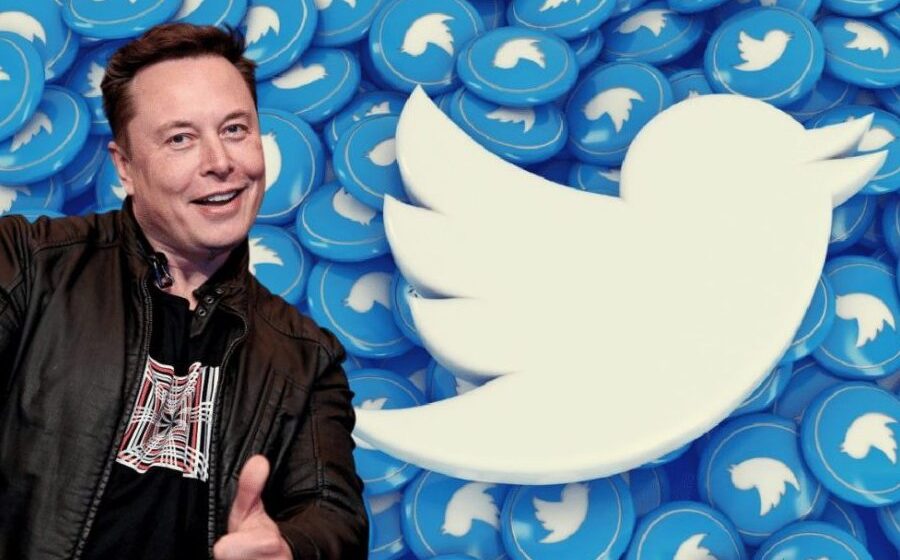Spam bots on Twitter could be a thing of the past if its new owner has anything to do with it.
Elon Musk, who finalized a deal on Monday to buy Twitter for $44 billion, declared war on these automated accounts even before purchasing the social media platform in a tweet on Thursday. “If our Twitter bid succeeds, we will defeat the spam bots for die trying,” Musk wrote on Twitter on April 21. In another tweet on the thread, he added, “And authenticate real humans.”
This is not the first time that the richest man in the world has expressed his displeasure with bots. Musk had earlier expressed his concerns over crypto bots that were publishing scam posts on Twitter to swindle investors. Consumers lost over $2 million in cryptocurrency to scammers impersonating, according to a May 2021 report from the Federal Trade Commission. “Promises of guaranteed huge returns or claims that your cryptocurrency will be multiplied are always scams,” the commission said in its report.
These types of scams violate Twitter’s policy against deceptive accounts, but moderators have struggled to rein in the activity, and it remains prevalent on the platform. Having long been a problem for consumers looking to score the next hyped up sneaker release, spam and scam bots run rampant online. Just recently, some Crocs’ fans took to social media to report the swarming of bots during the Dec. 14 launch of the highly-anticipated release of the footwear brand’s Pollex clogs by designer Salehe Bembury.
According to some fans on social media and Bembury himself, bots swarmed the launch on the websites of Crocs and other retailers, delaying live shoppers from purchasing Bembury’s Pollex clogs themselves. These software programs perform automated tasks—i.e., buying hyped fashion products. For launches such as this, bots will secure limited-edition products to later be resold at dramatically increased prices.
Needless to say, some people were not pleased. Outrage sparked on Twitter since the launch, with many users upset about website delays and shoe unavailability due to said bots—similarly to conflicts over Telfar tote bags in 2020. Many users were only left with the option to purchase pairs on resale platforms like GOAT and StockX, where some pairs were seen retailing between $400-$602, a steep difference from the style’s original $85 price tag.
Bembury stood behind the community, strongly rallying against resale bots. The designer took to Instagram Stories to share that he was in the process of “cancelling bot orders” at the time.
As for Musk, his plans are still unclear on how he will “defeat” spam bots on his new social media platform. Previous efforts by Twitter included new measures to fight abuse and trolls, new policies on hateful conduct and violent extremism, and new technology and staff to fight spam and abuse.
“Free speech is the bedrock of a functioning democracy, and Twitter is the digital town square where matters vital to the future of humanity are debated,” Musk said in a statement on Monday after his acquisition deal was announced. “I also want to make Twitter better than ever by enhancing the product with new features, making the algorithms open source to increase trust, defeating the spam bots, and authenticating all humans. Twitter has tremendous potential – I look forward to working with the company and the community of users to unlock it.”




Leave a Reply